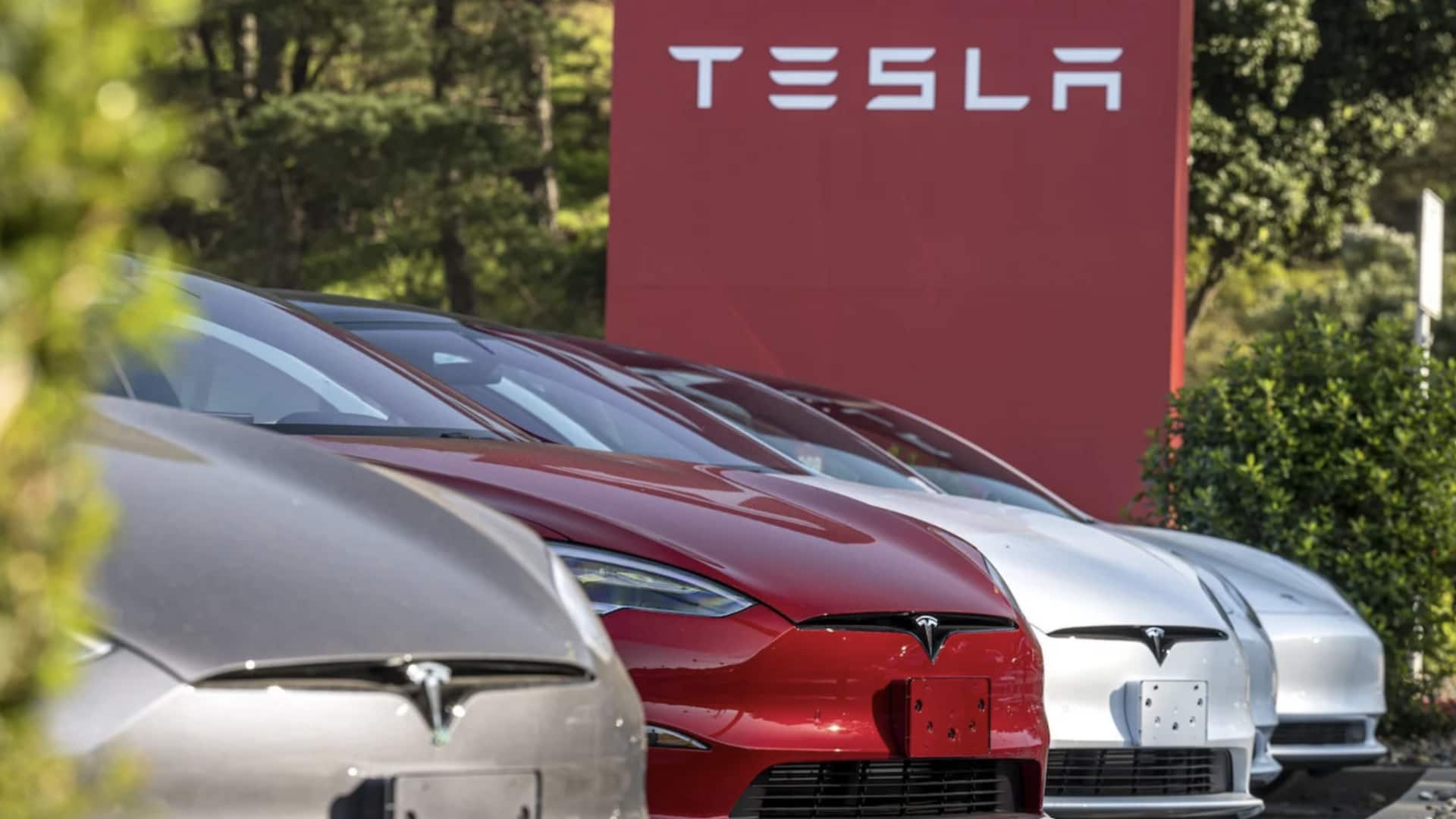
EU reduces tariffs on Tesla's China-made EVs to 9%
What's the story
The European Union (EU) has announced a significant reduction in its proposed tariff on Tesla cars manufactured in China. The new rate is now set at 9%, a substantial decrease from the initial 20.8% suggested in July. This decision comes after Tesla requested a reassessment of its rate based on specific subsidies it had received, as per the European Commission's statement.
Subsidy scrutiny
EU maintains higher duties on EVs from Chinese brands
Despite the tariff reduction for Tesla, the European Commission maintains its stance that Chinese electric vehicle (EV) production has benefited from substantial subsidies. It has proposed final duties of up to 36.3% for firms that did not cooperate with its anti-subsidy investigation. This figure is slightly lower than the maximum proposed duty of 37.6% set in July by the Commission.
Investigation cooperation
Tesla cooperates with EU's anti-subsidy investigation
Tesla was among the firms that cooperated with the EU's anti-subsidy investigation. The European Commission conducted a thorough investigation, including sending a team to Tesla facilities in China, to verify what subsidies the firm had received. A Commission official stated that Brussels had concluded that Tesla receives fewer subsidies from China compared to other Chinese EV producers investigated by Brussels.
Tariff details
EU's standard import duty and additional tariffs
The newly proposed tariffs are in addition to the EU's standard 10% duty on car imports. The European Commission, which oversees the bloc's trade policy, argues that this measure is necessary to counter what it perceives as unfair subsidies. On Tuesday, it announced that three companies it had sampled would each receive slightly lower provisional duties: BYD at 17%, Geely at 19.3%, and SAIC at 36.3%.
Joint venture benefits
Lower duty rates for Chinese firms in EU joint ventures
The European Commission also indicated that Chinese firms in joint ventures with EU producers may be eligible for lower duty rates. These rates would be based on those planned for the Chinese company with which they are integrated, rather than automatically receiving the highest tariff rate. This announcement suggests a potential easing of trade tensions between the EU and China in the electric vehicle sector.